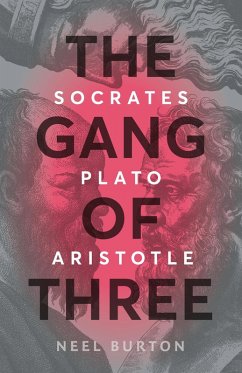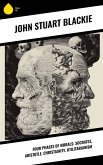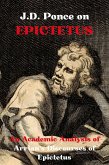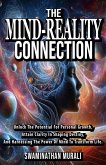This is the best book on philosophy I have ever read, and I have four master's degrees. Philip van Heusen for Readers' Favorite
For better or worse, Socrates, Plato, and Aristotle engineered the Western mind.
Above all, they formed part of a movement that stood at the crossroads of mythological and scientific-rational thought, at the crossroads of mythos and logos. Although the path of logos had already been beaten by the pre-Socratics, and would be paved by the Stoics, it is they, the Gang of Three, who forced the carriage to turn.
This book sets out to do three things: trace the journey from mythos to logos; outline the lives and thought of Socrates, Plato, and Aristotle; and consider their legacy, and what can still be gained from them, especially in the universal fields of mental health and human flourishing.
Socrates, Plato, and Aristotle were not philosophers in the narrow sense that we understand today, but in the broader, historical, etymological sense of being lovers of wisdom. They knew logic and dialectic, but they also knew how to live, and how to dieand it is in this, perhaps, that their greater strength lies.
Anyone who loves philosophy, history, and the history of ideas will thoroughly enjoy reading Burton's book. The US Review of Books
Burton offers abundant insights, and effectively connects the work of three famous philosophers to the struggles of modern-day readers. The BookLife Prize
◆ Grab your copy now and rise into the greatest minds that ever lived.
Dieser Download kann aus rechtlichen Gründen nur mit Rechnungsadresse in A, B, CY, CZ, D, DK, EW, E, FIN, F, GR, H, IRL, I, LT, L, LR, M, NL, PL, P, R, S, SLO, SK ausgeliefert werden.









